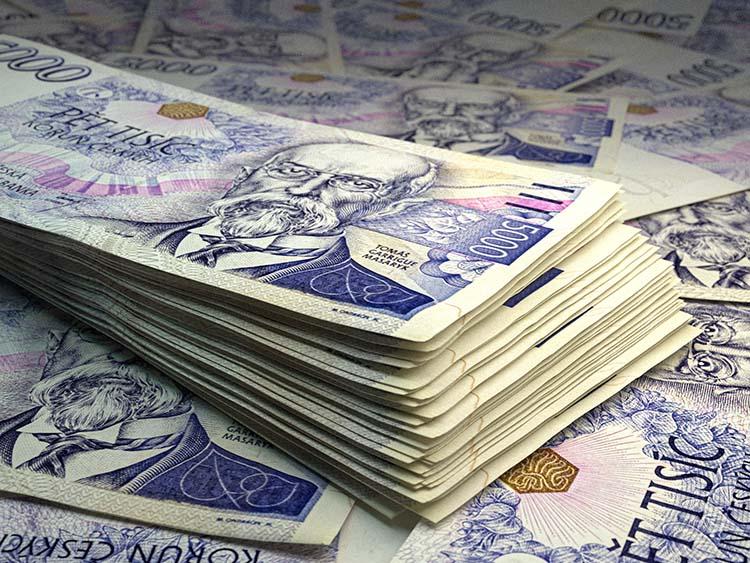Czechia: Analysts back NKÚ’s call for budgetary prudence and systemic reforms
Economic analysts have expressed strong support for the Supreme Audit Office’s (NKÚ) recent recommendation for greater budgetary prudence and the implementation of systemic reforms in response to the draft state accounts for 2023. While acknowledging that last year’s recovery package provided some much-needed relief to public finances, experts are calling for continued efforts to stabilize the budget.
Vít Hradil, an analyst at Cyrrus, emphasized that the massive deficits exceeding CZK 200 billion, which were justifiable during the peak of the COVID-19 pandemic and the subsequent energy crisis, are no longer acceptable in the current economic climate. “We are no longer in a crisis situation this year or next, so the budget requires much more careful management,” said Hradil.
Petr Barton, an analyst at Natland Group, echoed this sentiment, noting that before the pandemic, an annual deficit of over CZK 100 billion was unthinkable. “Now, we can’t even imagine coming close to such a figure,” Barton said, underscoring the need for a more disciplined approach to public spending.
David Marek, an analyst at Deloitte, highlighted the significant progress already made in reducing the public deficit. “In 2020, the deficit was 5.6% of GDP. This year, it is expected to fall below 3%,” Marek said. He stressed that a key indicator of fiscal health is the cyclically adjusted primary balance, which should decrease to 0.5% of GDP. Marek acknowledged that while the fiscal consolidation measures adopted by the government have led to notable improvements, further efforts are needed to prevent the debt-to-GDP ratio from rising.
Hradil pointed out that the current challenges in public finances stem from decisions made in 2020 when the government implemented permanent relief measures in response to what was then a temporary emergency. “These measures did not automatically expire after the crisis and have become a permanent part of the budget. Correcting this requires active and, inevitably, unpopular intervention by current politicians,” he explained.
The Finance Ministry has defended the government’s actions, noting that last year’s budget was heavily impacted by extraordinary expenditures related to the energy crisis and high inflation. “However, the government also introduced a recovery package aimed at stabilizing public finances in the long term. The effects of this package, which began to take hold this year, are already evident in the interim results of the state budget,” the ministry stated.
While analysts acknowledge the positive impact of the recovery package, they concur with the SAO’s critique that the pace of deficit reduction has been too slow. Barton pointed out that most European countries have already returned to their pre-crisis deficit levels, whereas the Czech Republic still lags behind.
According to the NKÚ, although the Czech Republic remains one of the least indebted countries in the EU, with public debt at 44% of GDP, the rate at which this debt has grown is among the highest in the EU. Over the past three years, the country’s public debt has increased by 50%, compared to the EU average of 14%.
Source: NKÚ and CTK









